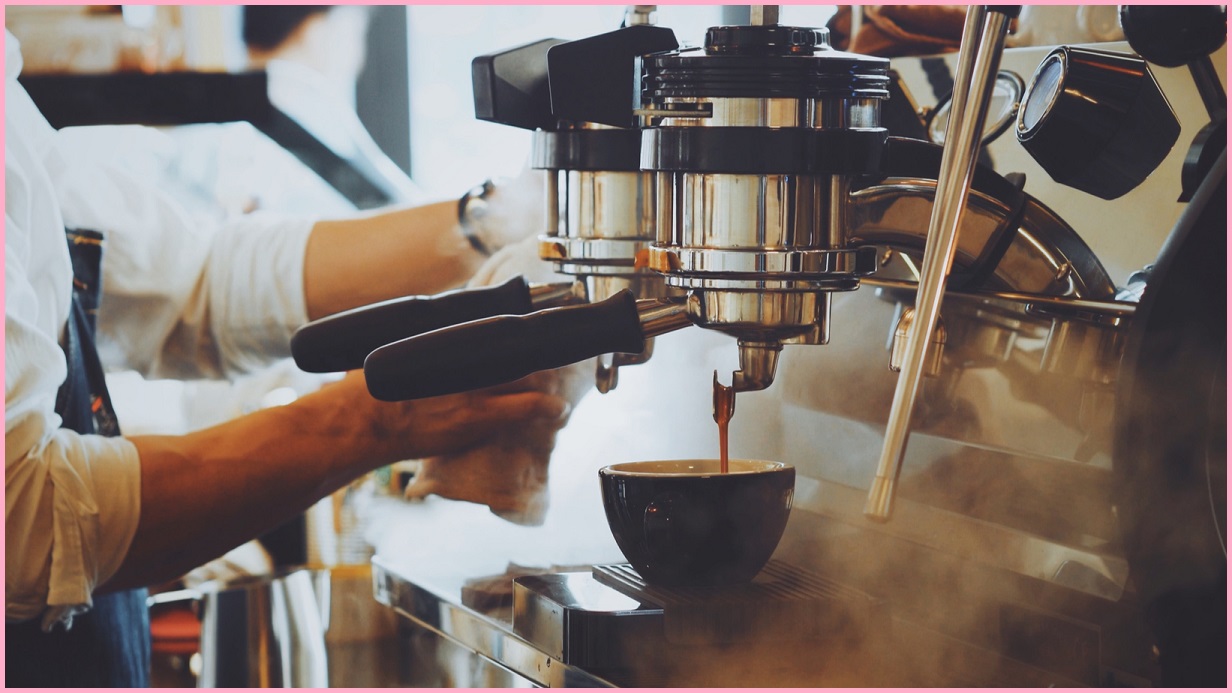Like many practitioners in cyber security, I like to start my day with a cup of coffee.
Sometimes that first cup is closely followed by a second.
Indeed, the industry has a reputation for coffee drinking.
So how much is too much and what types of coffee are we drinking?
And how do your habits compare to other Australians?
On average, Australians consumed around 1.92 kilograms of coffee per person in 2017, of which 1.39 kilograms were roast coffee and around 0.53 kilograms were instant coffee.
International research found that drinking six or more coffees a day can increase your risk of heart disease by up to 22%.
Whilst in Australia there is no recognised health-based guidance, such as an acceptable daily intake for caffeine, it is acknowledged healthy adults can consume around 400 mg of caffeine a day.
Coffee (particularly black) wakes you up, boosts your metabolic rate and decreases the risk of some diseases.
In Australia the most popular cup sold in cafés and coffee shops is the latte, followed by the flat white and the cappuccino.
At UNSW Canberra Cyber we have had a coffee machine in place for a little over 6 months.
It is used by cyber academics and participants on one of our many technical cyber security courses.
Like many electronic devices, it stores data.
So, what are our stats?
Type |
# Made |
Ristretto |
43 |
Espresso |
385 |
Long black |
692 |
Hot water |
102 |
Cappuccino |
652 |
Flat white |
2609 |
Cafe latte |
776 |
Milk portion |
281 |
The coffee machine completed 5,540 actions over the period, with 47% of those being a flat white.
Maybe because we are in Canberra, the next most popular was a latte at 14% (although very close to cappuccino and long black).
This is against 33% of all coffee sold in Australia as lattes with the average cup costing $4.13.
Cyber security is not the only industry with a skills crisis.
By 2020 an estimated 96,000 people will be employed in cafés and coffee shops with revenue forecasted to reach $5 billion dollars.
Coffee is a highly volatile commodity, with coffee production being highly dependent on weather conditions, susceptible to disease and influenced by a range of other factors.
Next time you grab that morning coffee, remember you are supporting over 125 million people globally whose livelihood is dependent on it.










